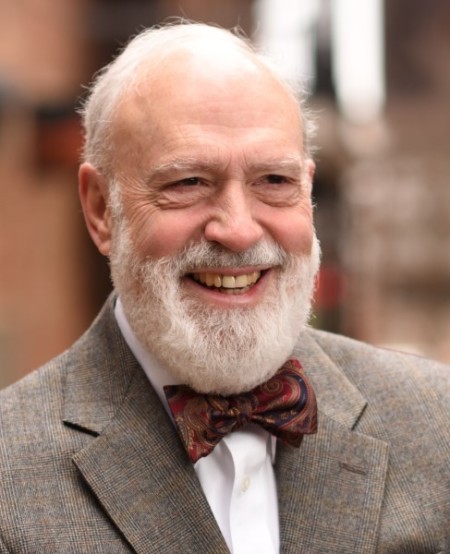Conspiracy theories: They’re everywhere!

Not me! Wouldn’t dare weigh in on Trump’s conspiracy claims that some states allowed voters to turn in ballots after election day; that vote-counting machines were rigged to favor Biden; and that the FBI and the DOJ were complicit in covering up election fraud. Even if Trump is right that there were voting irregularities, the question remains just how systematic and conspiratorial all that might be. It’s unlikely that hard-core Trump supporters could ever be convinced it wasn’t conspiratorial, while fanatical anti-Trump detractors will never be convinced that Putin and Trump didn’t conspire in the 2016 election. Can reason possibly match the passion?
Then, too, there are the endless conspiracy theories surrounding COVID-19, beginning with the denial that it even exists, being a sinister plot by nefarious folks to take away our freedoms. Or that Big Pharma companies are behind it in order to hold the world hostage to their vaccines. And then there’s all those vaccination conspiracies, appealing to antivaxxers and those who generally view the medical profession as one giant conspiracy denying the efficacy of alternative medicine. Having reasonable concerns about a particular medicine or vaccine doesn’t make one a conspiracy theorist, but, for the susceptible, plenty of conspiracy theories are on offer.
What intrigues a former Criminal Law professor is not the crime of conspiracy itself (defined simply as a combination for an unlawful purpose), but the “conspiracy phenomenon”—perhaps real, but more often imagined. Like the theory that President Roosevelt knew beforehand about Pearl Harbor. And, most famously, those Kennedy assassination theories. You do know, don’t you, that the CIA was involved — along with the Mafia, the KGB, Fidel Castro, and even Lyndon Johnson! Nor, surely, have you bought off on that absurd moon landing thing — clearly a NASA conspiracy! Never happened! Seems the more far-fetched, the more adamant!
Not all conspiracies are fantasies. There’s Jesus’ trial, for instance, a conspiratorial travesty, complete with perjured witnesses. But even that led to the conspiracy theory that Jesus’ disciples stole his body from the grave to make it look like a resurrection. Or that Jesus never actually died, only “swooned,” with drugs provided by Luke the physician in order to fool the world.
Why are we so fascinated by conspiracy theories? With great ease, conspiracies can be conjured to confirm whatever one wishes to believe…or to deny. And who isn’t tempted to have “insider knowledge” that others don’t have? Or is there, more likely, some paranoid fear, as when Isaiah gave the warning (Isa 8:12-13): “Do not call conspiracy everything this people calls a conspiracy; do not fear what they fear, and do not dread it. The Lord Almighty is the one you are to fear, he is the one you are to dread.” Ever noticed how believers can be among those most easily drawn to conspiracy theories? Not exactly the greatest testimony to faith and trust!
Yet, for all their negative connotations, there are more-benign conspiracies, as with a triune God saying in creative accord, “Let US make man in our own image.” If we believers could but tap into the power of that divine conspiracy — conspiring to be passionately loving to each and every fellow image-bearer —it would be one conspiracy theory that even non-believers would find irresistible.
John Lennon was supremely foolish to imagine that the brotherhood of man could be achieved if only we got rid of religion. To the contrary — you may say I’m a dreamer — but in my own imagination I see a people of faith who are no longer distracted by unsettling conspiracy theories, becoming, instead, the most powerful conspiracy for good the world has ever known.
F. LaGard Smith is a retired law school professor (Pepperdine, Liberty, and Faulkner law schools), and is the author of some 35 books, touching on law, faith, and social issues. He is the compiler and narrator of The Daily Bible (the NIV and NLT arranged in chronological order), and posts weekly devotionals on Facebook, drawing spiritual applications from current events.





















